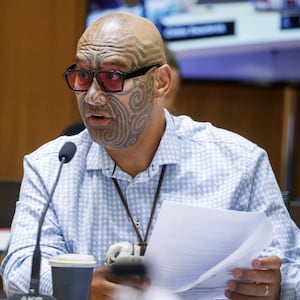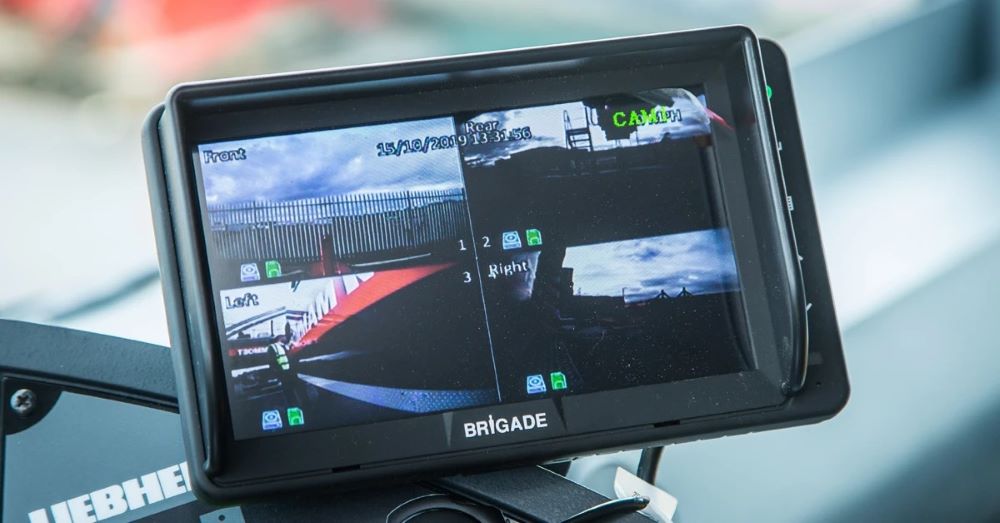Some major public institutions in Canada, including a pension management firm and a leading hospital, are advising staff against travelling to the U.S., marking a greater erosion in the country’s longstanding trust with its neighbour.
The Children’s Hospital of Eastern Ontario, one of Canada’s top pediatric research hospitals, is recommending its staff avoid U.S. trips.

“Due to the escalation of issues and volatility in the U.S., CHEO strongly encourages individuals to refrain from travel to that country at this time,” Chief Executive Officer Vera Etches said in a memo seen by Bloomberg News.
A spokesperson for the hospital confirmed the memo had been sent. Alberta Investment Management Corp., a public pension fund that manages about $180 billion (US$130 billion), asked employees to stop non-essential business trips to the U.
S., Bloomberg reported earlier Monday. Aimco staff can no longer travel on business to attend U.
S. conferences or speaking engagements, but they can still make trips for board or investor meetings, according to people familiar with the matter. CHEO and Ontario’s University of Waterloo have also given advice to employees on how to minimize the information that can be accessed by border agents.
If travel is necessary, CHEO staff should log out of hospital applications, ensure laptops don’t include sensitive patient information and change passwords after any inspection, Etches’ memo said. “Be aware that U.S.
customs officers have the right to inspect electronic devices upon entering the U.S. This includes full access to anything on the device, including all social media accounts,” her memo stated.
Staff were advised to leave their current devices at home and take a “burner phone” — typically a device with little to no personal data on it. Members of the University of Waterloo’s arts faculty who travel will be offered “clean” laptops that allow users to access resources securely without information remaining on the laptop, according to excerpts of an April 2 memo seen by Bloomberg that didn’t specifically mention the U.S.
The Canadian government, following the lead of other countries, recently expanded its travel advice to warn residents they should “expect scrutiny” at the U.S. border — including potential searches of mobile phones and other electronic devices.
“The guidance issued from our Arts Faculty Computing Office is consistent with our efforts to improve support for safeguarding Canadian research and applies to all travel, globally,” a spokesperson for the University of Waterloo said in an email. A French scientist was denied entry into the U.S.
apparently because the person had expressed a personal opinion on the Trump administration’s research policy, the French government said in March. The U.S.
denied that, saying the scientist was carrying an electronic device that contained confidential information from a U.S. laboratory.
With assistance from Layan Odeh, Paula Sambo and Melissa Shin. Thomas Seal, Bloomberg News ©2025 Bloomberg L.P.
.















